India can create $1 tr economic value using digital tech by 2025: Amitabh Kant
Amitabh Kant, CEO, NITI Aayog, stated that India has huge potential to create 1 trillion economic value from digital economy by 2025 up from 200 billion currently. He was speaking at the 15th India Digital Summit, organised by the Internet and Mobile Association of India (IAMAI).
Kant pointed out that digital infrastructure has become indispensable to the functioning of society. “India can create $1 trillion of economic value using digital technology by 2025,” he said. He further added that digital infrastructure had emerged as more significant infrastructure as compared to traditional infrastructure necessities such as power and roads. This made it crucial for India to augment digital infrastructure to utilise frontier technology in economic development. Digital is the future, Kant said, adding that if India wanted to improve the social or health sectors, going digital was critical.
Addressing the delegates, Kant said, “COVID-19 has shown us that every crisis is an opportunity. The post-COVID-19 era is going to change the global scenario and only those countries will grow which can create economic value from the digital economy. The supply chain will get re-structured and it will move from one country to many countries led by the power of technology.”
The NITI Aayog CEO pointed out that the global electronics market was estimated to be worth $2 trillion, and India’s share in the global electronics market had grown from 1.3 per cent in 2012 to 3 per cent in 2018. “It is still considered to be miniscule. So, the government came up with the production-linked incentive (PLI) scheme for the electronics industry,” he said.
Kant stressed that digital transformation will drive India’s manufacturing sector forward with the help of technologies like AI, Cloud computing, IoT, Blockchains, and robotics. “In order to take its rightful place in the global supply chains, India is leveraging these technologies and applying them across the manufacturing value chains to gain competitiveness. Data will be critical to meet these goals,” he said.
In another session on ‘The roadmap for the telecom infrastructure for the National Digital Communication Policy’, PD Vaghela, Chairman, Telecom Regulatory Authority of India, stressed on the fact that Government-Industry-Academia collaboration is the need of the hour and much needed step towards strengthening of digital economy.
The TRAI Chairman stressed upon the fact that supporting policies need to be evolved to position India as global destination for technology products. He further said that 5G would usher seamless coverage, ultra-high speeds, and highly reliable communications for mission-critical applications. “5G promises a new range of services to consumers and enterprises, beyond traditional voice and data, by enabling technologies like Internet of Things (IoT), AI, robotics, augmented reality, and virtual reality, and a host of new emerging applications,” he said. Taking about the rollout of 5G, Vaghela mentioned that in 5G, street furniture is going to be important and added that the operators and the Government have started planning to ensure a faster and smoother rollout of 5G service.
In his keynote address on ‘Re-imagining India’s health data ecosystem’, J Satyanarayana, Chairman of the National Digital Health Blueprint (NDHB) committee, outlined the conceptual underpinnings of NDHB said that the committee was driven by the goal of elevating standards of care across the healthcare sector, by defining guidelines for technology-driven capacity building. The Chairman defined the goals of the blueprint as ‘Universal health coverage, quality, and continuum of care’.
Satyanarayana also acknowledged the privacy risks associated with the digitisation of medical infrastructure in India. The NDHB Chairman addressed these concerns by expressing the NDHB committee’s commitment to privacy by design, minimalistic collection, purpose limitation and informed consent. He also clarified that the ‘Digital ID’ provided by the scheme would not mandatorily have to be linked to Aadhaar, and that data would not be centralised under the vision of the NDHB.
Satyanarayana concluded the address by mentioning that a pilot of the blueprint is being conducted in 6 Union Territories. The challenges of digitising rural healthcare providers have become clear through the pilot, and specific technological solutions are being designed under the guidance of the committee to solve these problems. He stressed that ‘Think Big, Start Small and Scale Fast’ is the NDHM philosophy right now.
India Digital Summit 2021 will have speakers who are leaders in their own fields and from industries such as Logistics, FinTech, AdTech, Digital Health and beyond. The conference will also see industry stalwarts like Sanjeev Bikchandani of Infoedge, Deep Kalra of MakeMyTrip, Vijay Sekhar Sharma of Paytm, Rajan Anandan of Sequioa Capital, Ajit Mohan of Facebook share their insights with the delegates.
The event comprises of six tracks: Building National Digital Infrastructure; Marketing for the Masses; Innovative digital services beyond the first 100 million paid customers; Digitally Recharging Small and Medium Business; Digital Policies from Global Perspective but Indian Reality; Nurturing Indian Startups.






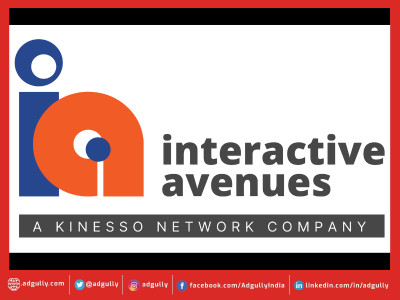
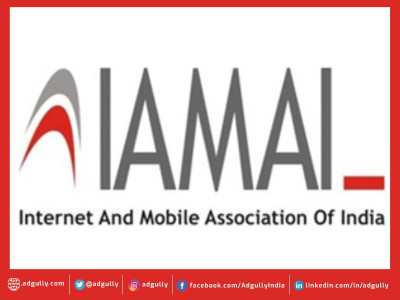
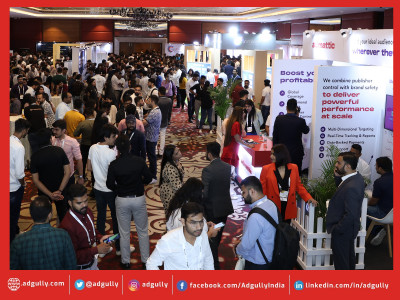

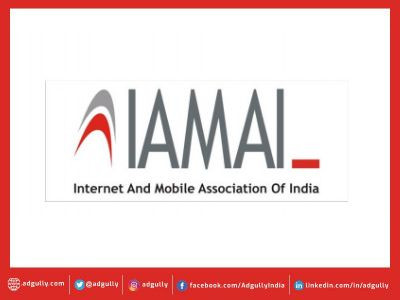
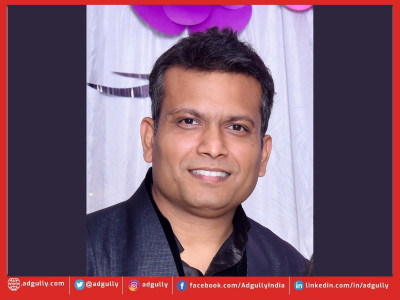




Share
Facebook
YouTube
Tweet
Twitter
LinkedIn